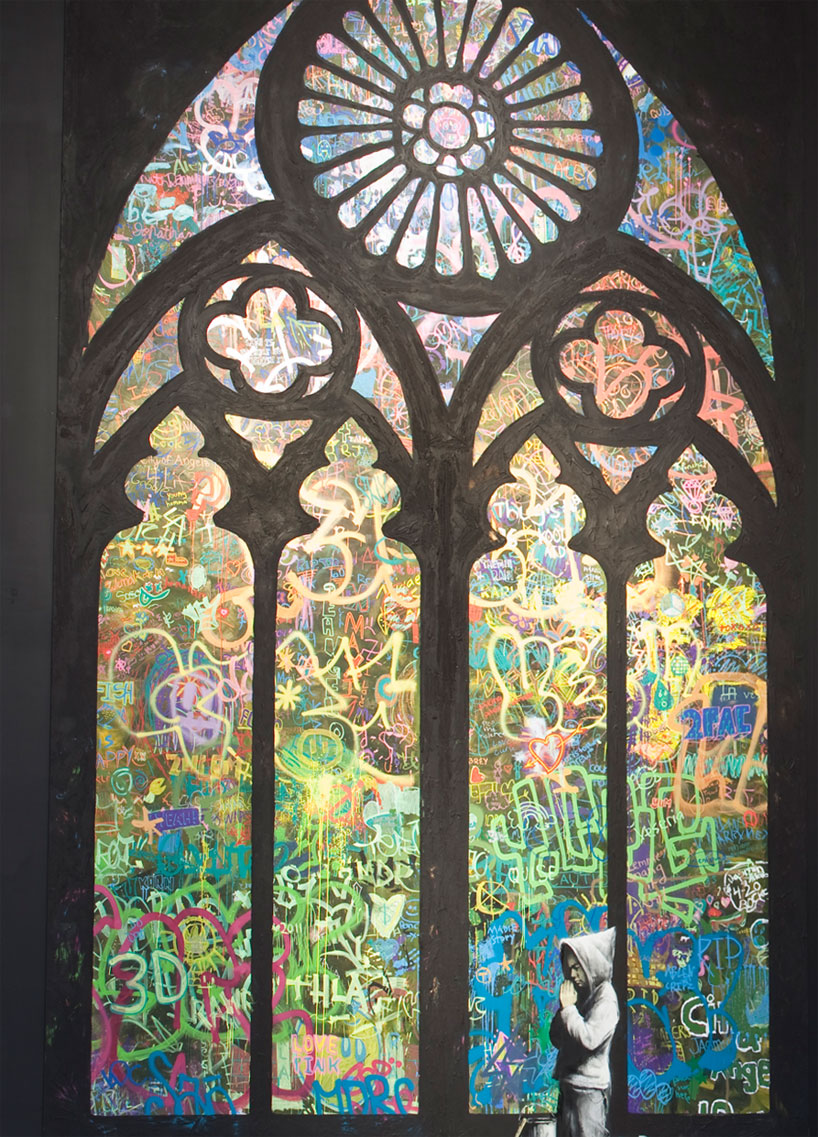My history with information access began with card catalogs and ink date stamps. Even though I have always loved books, I distinctly remember having a hard time finding books within the card catalog system. Instead of allocating my materials, or asking the
 |
| front and back of a check-out card from a poetry book in my grade school |
In middle school, I worked in the library and really got to know the Dewey classification system and we only had 4 computers in the library itself (the rest were in the computer lab down the hall). By the time I got to high school, computers had become the primary means by which I searched for materials (even the materials I checked out from the library). Sadly, with the push to computer technology really kicking up, I only found myself in the library when we had classes scheduled in there and lessons with the library on search terms and research strategies. I actually found myself at the public library more often than the high school library because the resources in the school itself were too limited for my inquiries.
It really wasn't until college that I truly fell in love with the library system and learned the value of information access. In college I had practically unlimited access to resources through OhioLink and immediate access to both the campus library and local library. I learned the Library of Congress classification system (see "The Shelving Song" in the previous post) and I got to work in a real academic library with a group of amazing and enthusiastic library professionals. Simply working in the library and working with patrons made information literacy second nature to me and opened up a wider world of academia for me personally.
I wish that information literacy had been more of a focus in my education prior to college, but my experience did give me the opportunity to see the world of library 1.0 cross over into library 2.0 and that is something that more recent generations will never know. Card catalogs were a part of my library experience and I think they give me an even greater appreciation for how far we have come in the past 15 years technologically. I was given the opportunity to value the use of books in research where younger generations have to be reminded of using book references. I learned how to create outlines and reference notes for research papers using books, articles, and web resources. I learned how to help others successfully access the information and I can only hope that librarians can be encouraged to teach these skills in younger children.
Information literacy has been a meaningful part of my life for longer than I have ever realized before, and it is shocking how long it took for me to embrace my interest in this area. I love learning- seeking knowledge, and I can think of no better way to spend my career than in helping to bring that love and those skills to others.







.jpg)